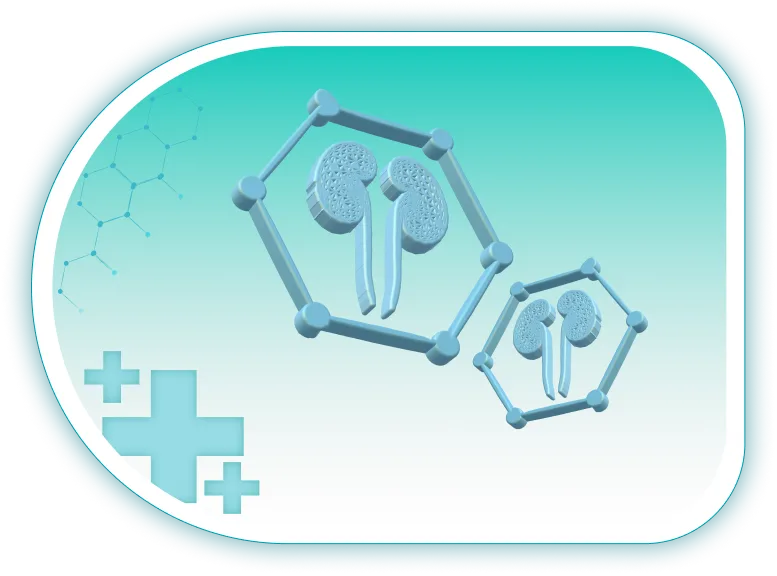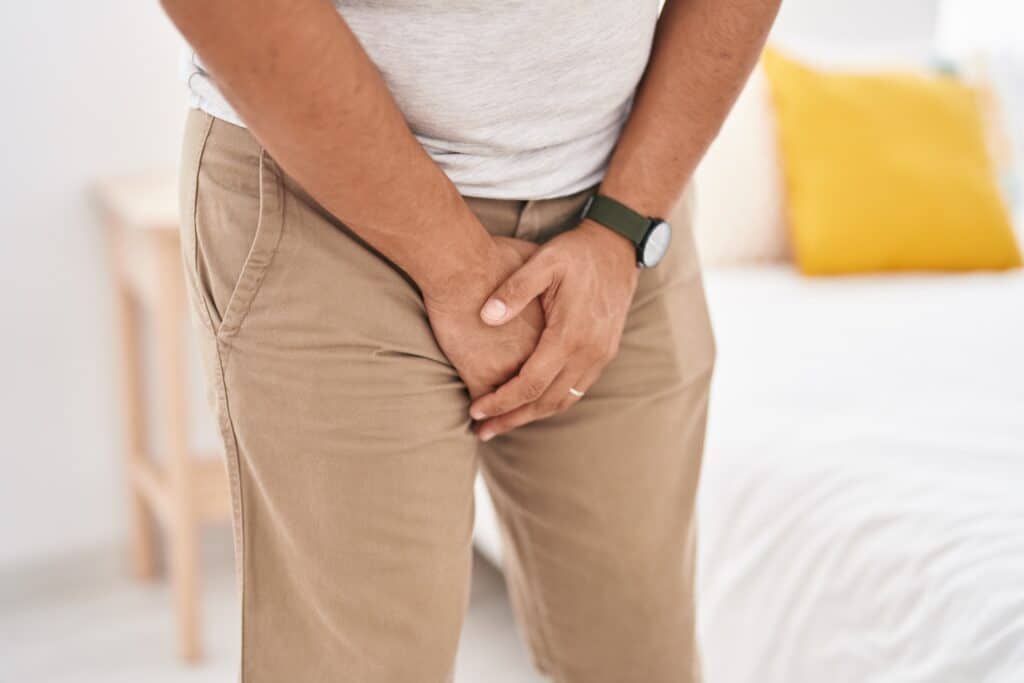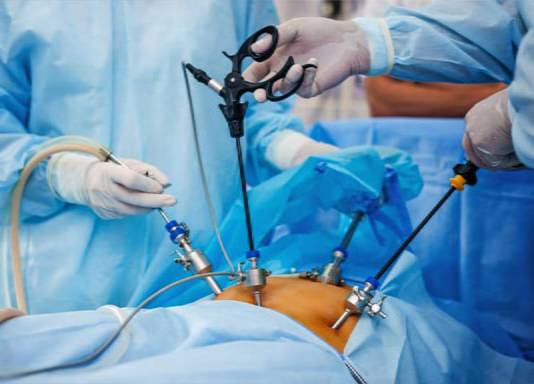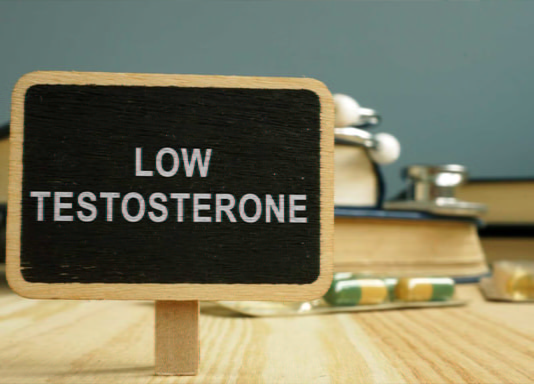Reconstructive Urological Surgery includes a range of procedures that aim to restore the normal function of the urinary tract or

Urology Reconstructive Surgery is a specialized field of medicine that focuses on restoring the form and function of the urinary tract and reproductive system. This type of surgery can be life-changing for individuals who suffer from a variety of conditions, such as urinary incontinence, bladder cancer, and urethral strictures. If you or a loved one is in need of reconstructive urological surgery, it’s important to seek out the best possible care.
At German Medical Center in Dubai, our team of experienced urologists and surgeons are committed to providing the highest level of care and expertise in urology reconstructive surgery dubai. Our state-of-the-art facility is equipped with the latest technology and equipment to ensure that our patients receive the best possible treatment.
Whether you require a complex reconstructive procedure or a minimally invasive surgery, our team is dedicated to helping you achieve the best possible outcome. With our patient-centered approach and personalized care plans, we are committed to ensuring that every patient receives the attention and care they deserve.
If you’re looking for top-notch reconstructive urology surgery in Dubai, look no further than German Medical Center. Contact us today to schedule a consultation and learn more about our services. Let us help you take the first step towards better health and a better life.
Our team of experts are passionate about providing only the best quality care and treatment to their patients.

Urology & Andrology

Urology & Andrology

Urology & Andrology

Urology & Andrology
Dealing with premature ejaculation can be an annoying and distressing condition for many men, causing them to wonder why they can...
Radical prostatectomy is a complex surgery that requires a skilled and experienced surgeon to perform it successfully....
Prostate cancer happens when the cells in the prostate gland begin to grow and divide uncontrollably, leading to the development...
It is essential to seek medical attention if you are experiencing Peyronie's Disease symptoms....
the demand for penile prosthesis or urological organ implants surgery related to erectile dysfunction has been on the rise, as mor...
Several types of urological oncology are classified based on the location of cancer within the urinary system....
Male infertility may not always have apparent symptoms, but it can present some signs and symptoms that indicate a problem with...
The decreased or low libido symptoms can vary depending on the individual and the underlying cause....






Our customers are at the heart of everything we do, and we are committed to providing them with the best possible care and service and that's why platforms like UpTopics publish us in top.


(4.5)
Based on 174 Google Reviews

Partner with:
Partner with:


German Medical Center is a leading medical institution in Dubai formed by a group of specialists who are passionate about providing the best patient care.
Fill out our easy online form to book an appointment with German Medical Center. Our team of experts is dedicated to providing you with personalized care and guidance every step of the way. Don't wait, take charge of your well-being and schedule your appointment now!